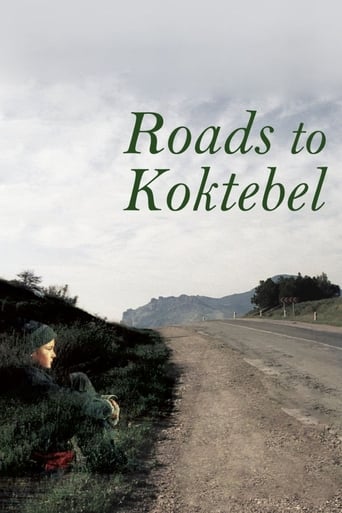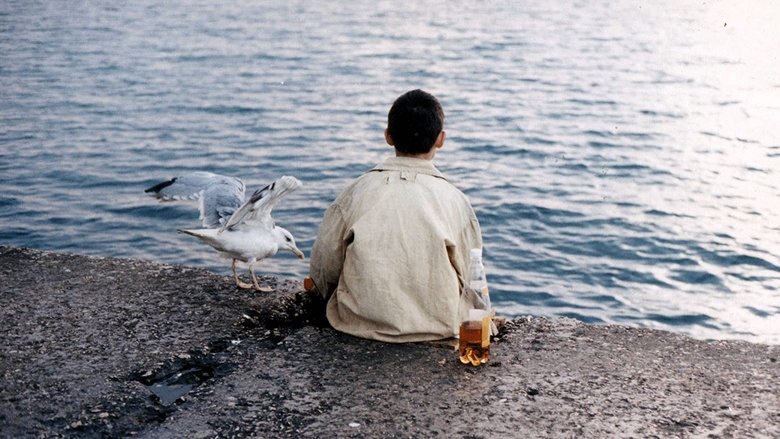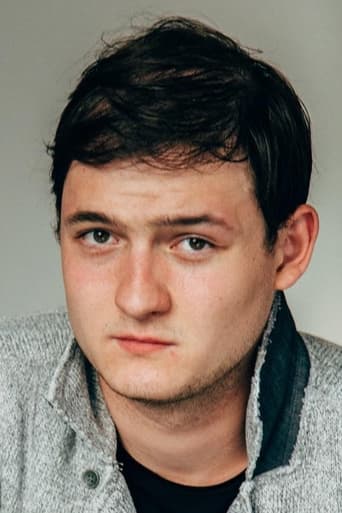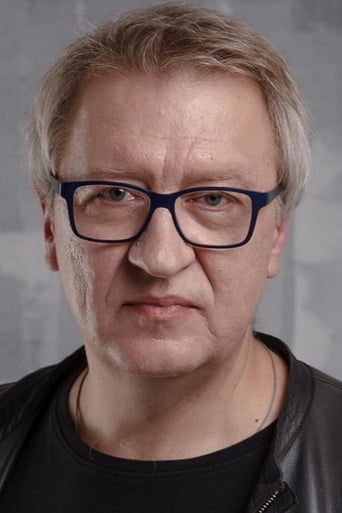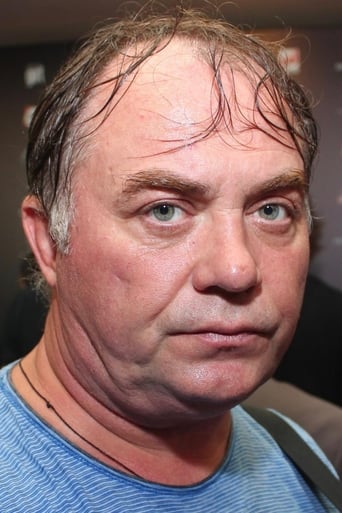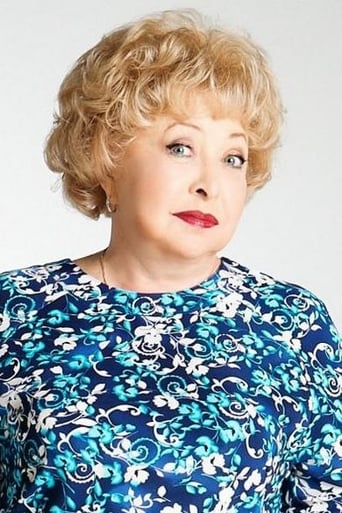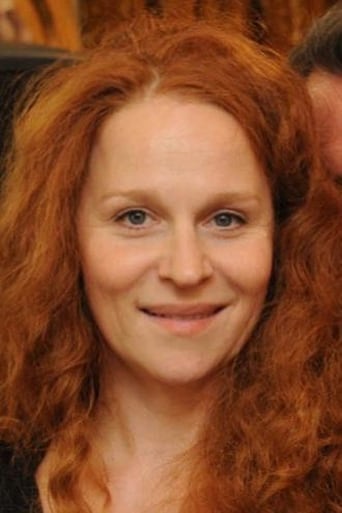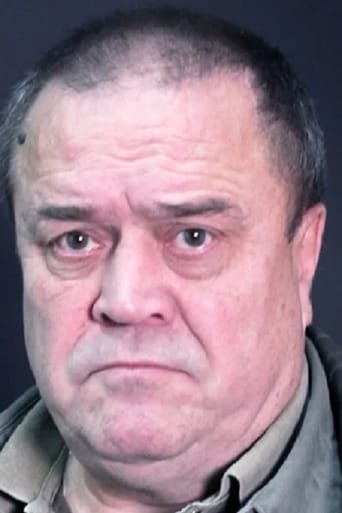A widowed aeronautics engineer, who has lost his job, travels with his son hopping freight trains from Moscow to Koktebel, a town by the Black Sea, to start a new life with the father's sister.


Reviews
Mild spoilers.Two figures, Dad and son, wending their way across the vast Russian hinterland is a powerful metaphor for the journey one makes during one's lifetime. The characters like the landscape, are simple, unpolished and real. Even the most exacting of directors would find little to complain of from the efforts of the uniformly able cast; unforced and memorable. The assortment of folk they meet along the way (eccentrics of one kind or another), do enough to nudge the film on; the batty, vodka-sodden character in need of a new roof offering the best contribution in my view (and effects the biggest impact of all upon their journey).I would single out for special praise, the young lad (played by Gleb Puskepalis). For me, he succeeds in showing the premature transition his circumstances force him to make, from youthful innocence to adulthood; struggling with all that is brutal in our world: bereavement, betrayal, uncertainty, violence, isolation, hunger, poverty... The film offers us no reassurance that he has succeeded in coming to terms with or overcoming any of the above. Instead we learn that he is no longer the same boy; the boy obediently walking with a rucksack-eye-view behind his father, or the boy who earlier trustingly sat, accepting good humoured fatherly assistance in dealing with a worm in an apple.The film, for me, can best be summed up by one of the simple meals partaken of by father and son: crude, straightforward and honest.
A film like this just couldn't be made in America, where action must occur at a slam-bang pace, and children must be either pitifully ignorant of life or else caricatures of evil. Here, there is exquisite attention to detail -- a countryside, a vase of flowers, and long periods with no dialog at all where a mood is simply allowed to develop. The passage of time may not be in equivalent "real time," yet it passes noticeably. And what a skilled performance by Gleb Puskepalis, a boy with, as often seems to be the case, a distinguished acting history in legitimate theater. His character is master of his fate and of the plot, and he himself is master of the camera and the cast. I like this film especially because it is the boy who is rational, determined and self-directed, while the adults, as in reality, are continually made fools by their alcohol, aggression, and just wanting "to f*** each other" all the time. Bravo!
I have just seen this film at the Renoir in London, and found much to enjoy. At first the basic story-line of the father looking for a haven and the boy for a world of adventure and freedom, seemed slow-moving but the early long takes gave the viewer time to absorb the landscape and the point-of-view, in particular the boy's slow awakening to the reality of his situation. His ability to 'see everything from above', demonstrated to the forest-dwelling girl early in the film when he drew a map of a terrain unknown to him, was an early signal of his superior grasp of reality and an introduction to the main metaphorical cluster of the film. The use of birds, glider and flying-paper imagery rang the changes on the visual representation of the boy's yearnings; a galaxy of Dostoyevsian larger-than-life and twice-as-unpredictable Russian characters met along the way added intrigue and ethnic authenticity to the story-line. The bizarre minor characters contrasted with the down-to-earth ordinariness of the tensions between the father and son. Their habitats were astonishing and yet completely acceptable within the heightened realism established in the early scenes - the railworker's shed with the lavatory doubling as a vodka store - the tumble-down mansion whose roof the father stayed to repair with disastrous consequences, the hillside ox-roast with flying sparks visible for miles and a suddenly-looming lorry-driver big as Brian Blessed hefting the boy across his shoulders with a triumphant cry of 'Meat! and a chill echo of 'Texas Chain Saw '.The Amazonian, silent 'Xenia', for all her 'sweatiness' complained of by the boy, was given a similarly apocryphal persona. All were separated by muddy fields and clawing shrubland which the camera allowed us to experience as visually alienating at a distance and unbearably uncomfortable up close. Questions raised were as much about Russian geography and history as about the central relationship and its outcome. By the end, the mention of 'Koktebel', whose very absence from the atlas referred to a historical shift in identity, carried the resonance of Chekhov's 'Moscow', in his masterpiece about longing and nostalgia, 'Three Sisters'. At the end of the film, when the uncertain pleasures of routine existence versus an ungraspable freedom had been clearly delineated, the binding ties of father and son remained as unresolved and problematic as at the beginning. Like the evenly-matched wrestlers in the hillside firelight, they were forced to declare an uneasy truce.
Koktebel' is the film that could impress those who love Russia, Russians and who wants to know more about that country. It could help to understand "mysterious Russian soul". But it is sometimes too slow and detailed. It got the Silver Georgy on the 25th Moscow International Film festival.
